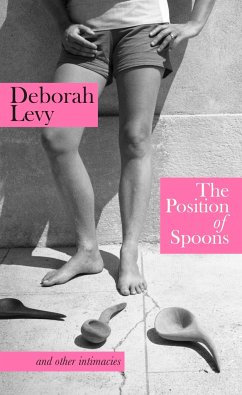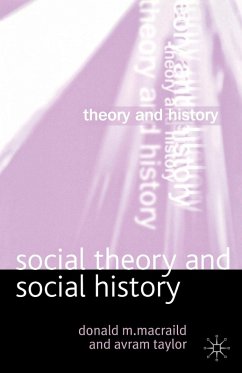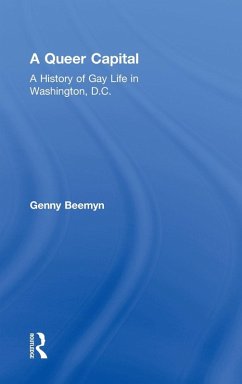
Some Men In London: Queer Life, 1960-1967
Versandkostenfrei!
Versandfertig in 3-5 Tagen
33,99 €
inkl. MwSt.
Weitere Ausgaben:

PAYBACK Punkte
17 °P sammeln!
__A TIMES AND SUNDAY TIMES HISTORY BOOK OF THE YEAR__'Quite simply, this book is a work of genius' Matthew Parris, SpectatorThe second in a major two-part anthology uncovering the rich reality of life for queer men in London, from the end of the Second World War to decriminalization in 1967In the 1940s, it was believed that homosexuality had been becoming more widespread in the aftermath of war. A moral panic ensued, centred around London as the place to which gay men gravitated.Peter Parker's fascinating new compendium explores what it was actually like for queer men in London in this period,...
__A TIMES AND SUNDAY TIMES HISTORY BOOK OF THE YEAR__
'Quite simply, this book is a work of genius' Matthew Parris, Spectator
The second in a major two-part anthology uncovering the rich reality of life for queer men in London, from the end of the Second World War to decriminalization in 1967
In the 1940s, it was believed that homosexuality had been becoming more widespread in the aftermath of war. A moral panic ensued, centred around London as the place to which gay men gravitated.
Peter Parker's fascinating new compendium explores what it was actually like for queer men in London in this period, whether they were well-known figures such as Francis Bacon, Joe Orton and Kenneth Williams, or living lives of quiet - or occasionally rowdy - anonymity in pubs, clubs, more public places of assignation, or at home. It is rich with letters, diaries, psychological textbooks, novels, films, plays and police records, covering a wide range of viewpoints, from those who deplored homosexuality to those who campaigned for its decriminalization.
This second volume, from 1960 to 1967, shows how key elements in British society gradually changed their views on homosexuality, resulting in the landmark 1967 act by which it was no longer considered a crime if it took place between adults in private. This did not end violence, discrimination and prejudice, but it at least curbed official persecution. Some Men in London is a testament to queer life and its thriving, joyous subculture - a subculture without which the 1960s would have been immeasurably impoverished.
'Quite simply, this book is a work of genius' Matthew Parris, Spectator
The second in a major two-part anthology uncovering the rich reality of life for queer men in London, from the end of the Second World War to decriminalization in 1967
In the 1940s, it was believed that homosexuality had been becoming more widespread in the aftermath of war. A moral panic ensued, centred around London as the place to which gay men gravitated.
Peter Parker's fascinating new compendium explores what it was actually like for queer men in London in this period, whether they were well-known figures such as Francis Bacon, Joe Orton and Kenneth Williams, or living lives of quiet - or occasionally rowdy - anonymity in pubs, clubs, more public places of assignation, or at home. It is rich with letters, diaries, psychological textbooks, novels, films, plays and police records, covering a wide range of viewpoints, from those who deplored homosexuality to those who campaigned for its decriminalization.
This second volume, from 1960 to 1967, shows how key elements in British society gradually changed their views on homosexuality, resulting in the landmark 1967 act by which it was no longer considered a crime if it took place between adults in private. This did not end violence, discrimination and prejudice, but it at least curbed official persecution. Some Men in London is a testament to queer life and its thriving, joyous subculture - a subculture without which the 1960s would have been immeasurably impoverished.




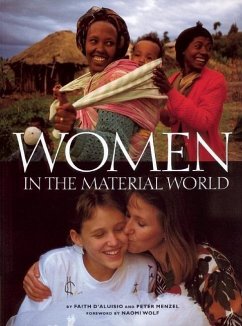
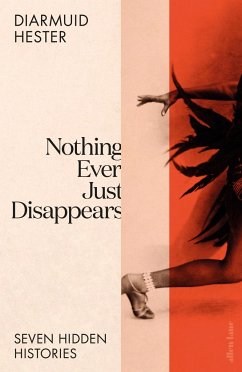
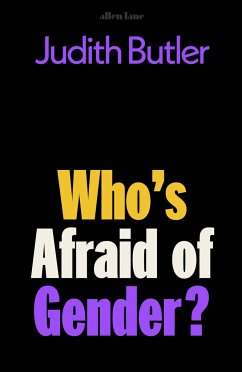

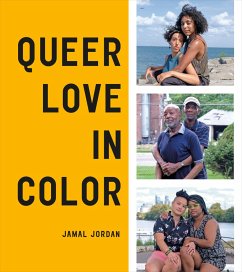
![Bad Feminist [Tenth Anniversary Limited Collector's Edition] Cover Bad Feminist [Tenth Anniversary Limited Collector's Edition]](https://bilder.buecher.de/produkte/69/69792/69792482n.jpg)
